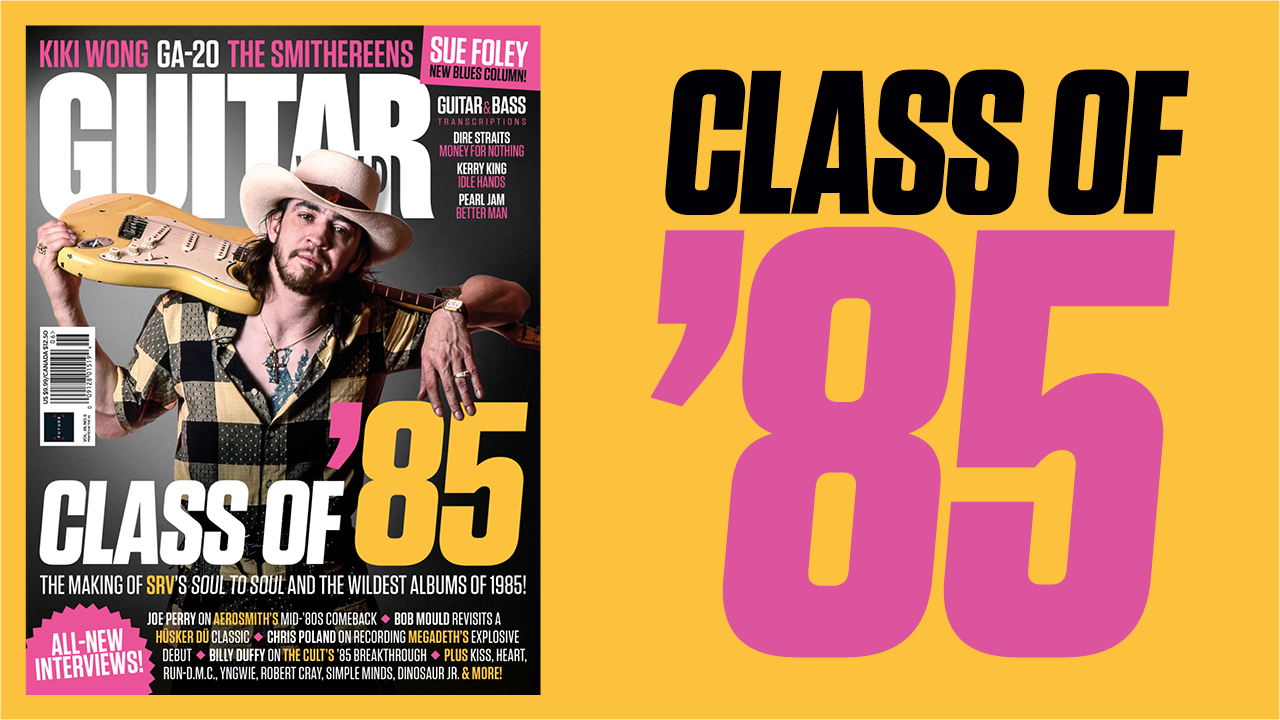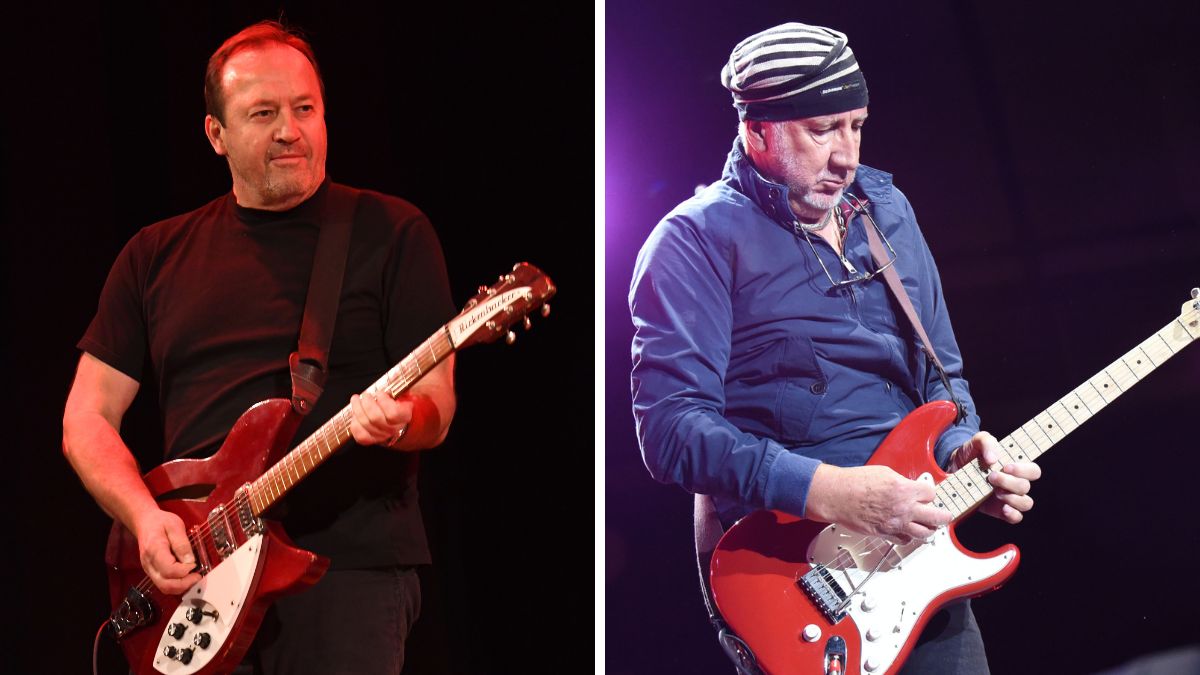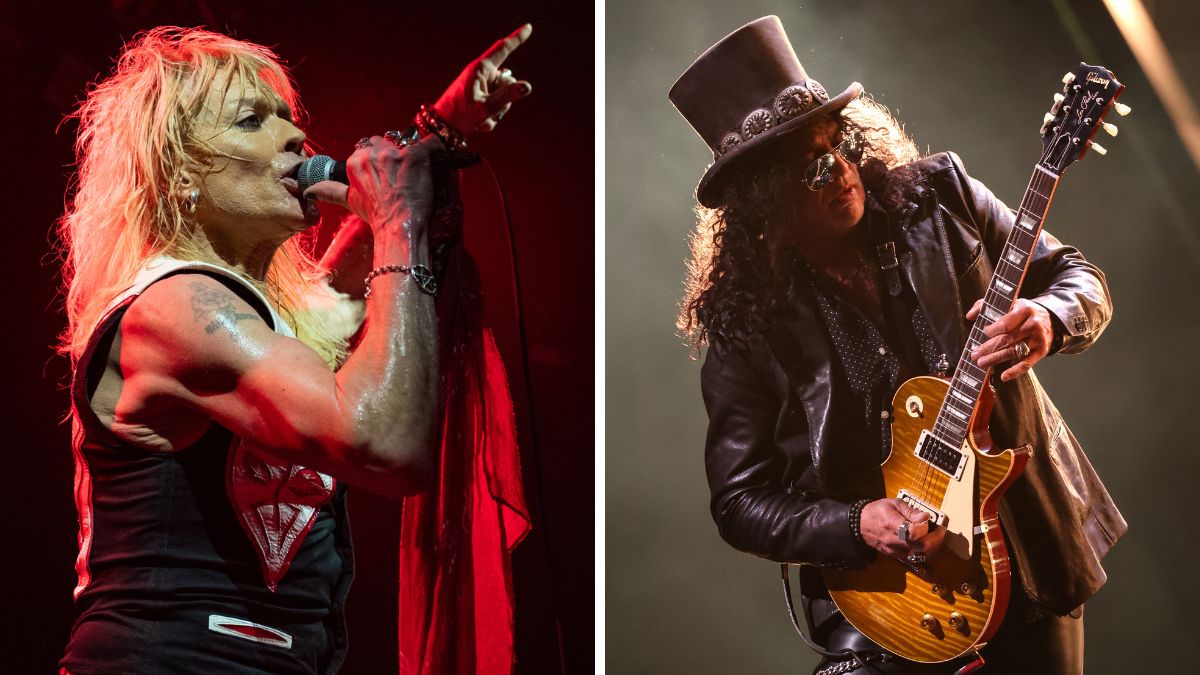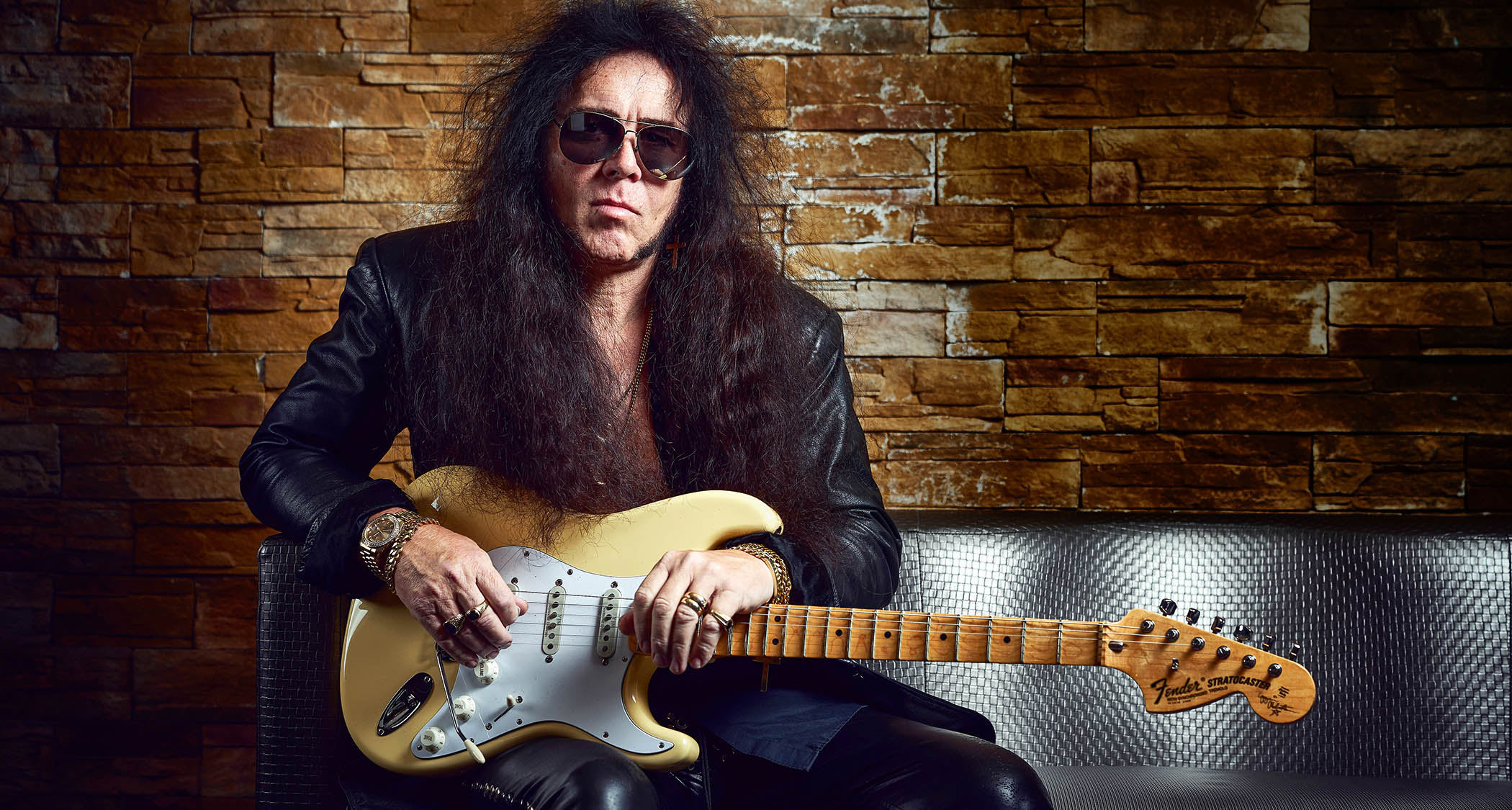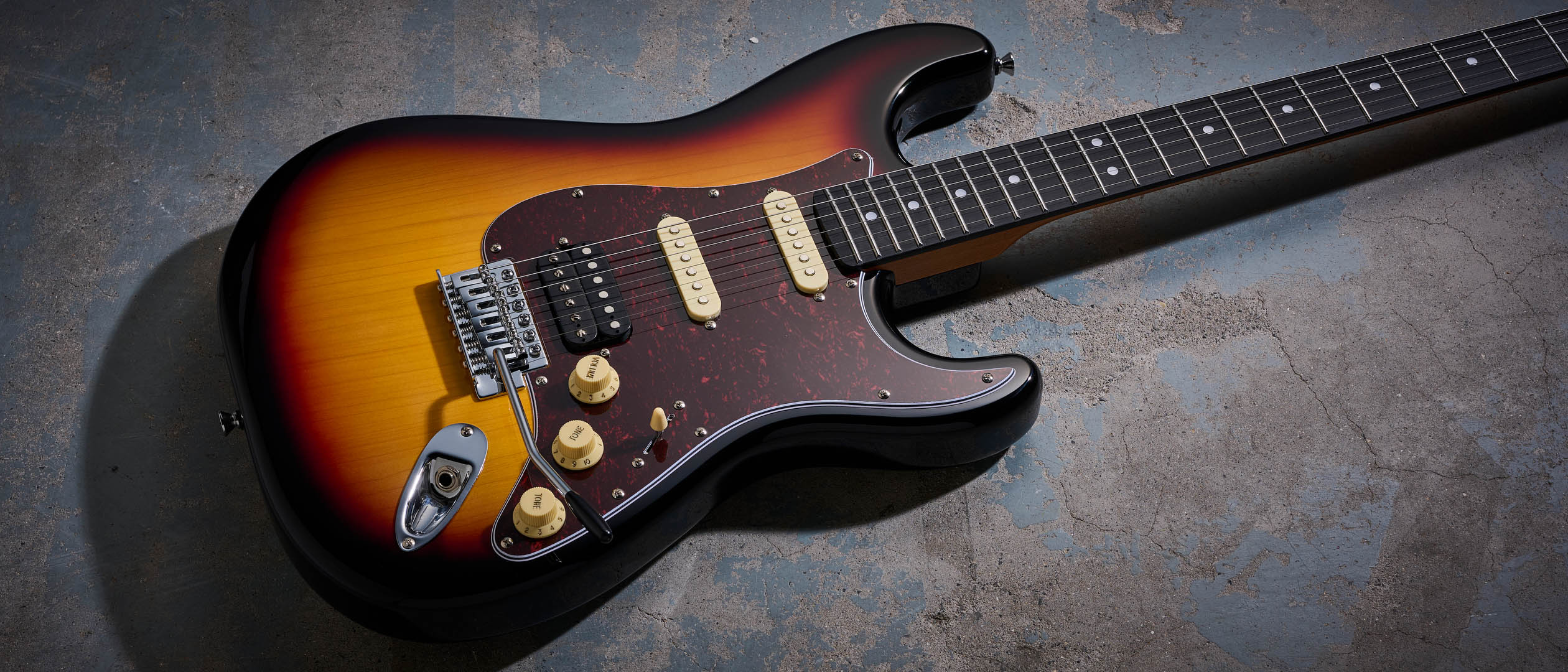“Jimi turned round and said, 'Hey man, mind if I play the guitar for a while?' We played for about half an hour. That was probably the last time I saw him”: Andy Summers recalls his “outrageous” jams with Jimi Hendrix
In a new interview with Rick Beato, The Police guitarist also discussed his abandoned duet with Robert Fripp, and what he learned from a guitar lesson with “the world’s greatest guitar player” Lenny Breau
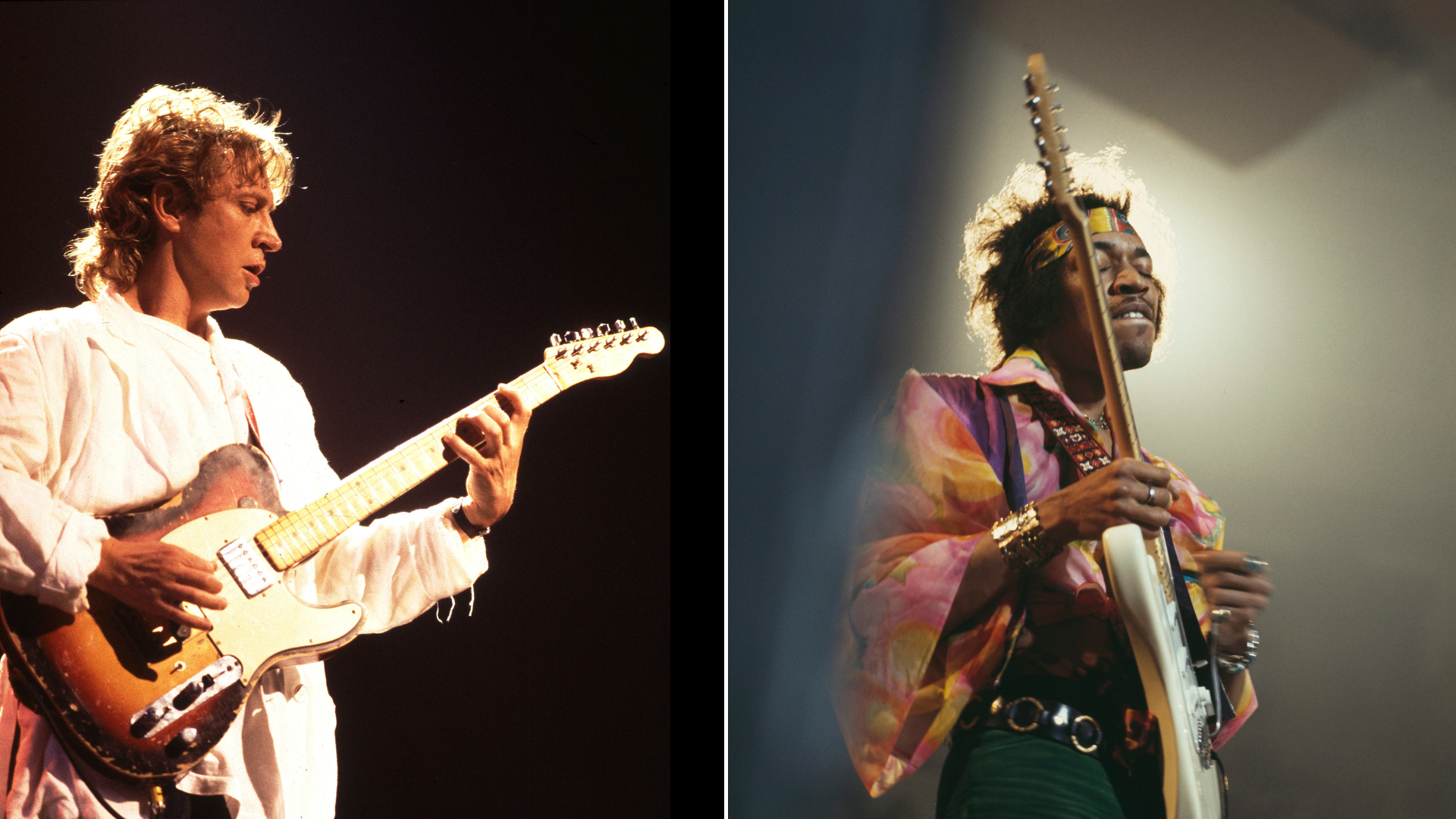
Andy Summers has described Jimi Hendrix as being “from another planet” and recalled an impromptu jam with the guitar icon during a recent chat with Rick Beato.
Across an in-depth 100-minute conversation with the YouTuber, the guitarist dissected a number of The Police classics, as well as opening up on his memories of the virtuoso.
Summers was establishing himself within London’s blues scene when Hendrix arrived and “blew everyone out the water”. Walking into one of his first UK shows at London’s Cromwellian Club, he very quickly understood what all the fuss was about.
Says Summers: "I walked into this club to see this guy, and there he was with an afro this wide, wearing all-white buckskin with the fringes and he had a white Strat in his mouth. It was an incredible vision to walk into. It was a mindfuck.
“This was like a being from outer space,” he continues. “There were all these wannabe blues players in London, and then there was Jimi, who was from another planet. It had a lot of shock value. A lot of famous players were blown out of the water completely.”
Soon, Summers said the scene “somehow” moved over to LA. There, he was invited to meet up with Hendrix at A&M Studios. Little did he know, this would lead to an impromptu jam with the blues icon.
"I walked into the studio and there was Jimi wailing away. He had the hat on with the feather and he was just going for it; classic Hendrix.
Get The Pick Newsletter
All the latest guitar news, interviews, lessons, reviews, deals and more, direct to your inbox!
“He was a very shy guy, actually. He was an introvert; it was all in the guitar playing. So he gave us a wave, put the guitar down and we talked a little bit. Then Jimi starts talking with Eddie Kramer, the engineer, so I go into the other room where Mitch was.
"There was Les Paul and it was right-handed, so I don't know why it was there,” he expands. “And it was probably outrageous that I even dared to do it, but I picked it up and I started jamming with Mitch. It's all going great, then Jimi comes up, picks up the bass and starts playing with us.
“We played for about 10 minutes and then Jimi turned round and said, 'Hey man, mind if I play the guitar for a while?' So I picked up the bass and we played for about half an hour. That was a good moment; that was probably the last time I saw him."
Summers, looking sharp at 80 years old, went on to talk about his time in The Police, which followed some years later. However, during those intervening years, the Poulton-le-Fylde-born guitarist says he “dropped out of the scene” to study classical guitar. This proved a hugely informative period which would hugely impact his work with The Police.
"I was pretty musically educated by the time I joined The Police,” he tells Beato. “This might sound unusual, but I played a lot of Bartók violin duets, learning both parts. It was very hip to me with wonderful music writing.”
The reggae groove was great for me because I could use Echoplex and these stranger chords and it would sing through
Andy Summers
He adds that he wanted to record an album of the duets with King Crimson mastermind Robert Fripp, but sadly admitted that “he wasn’t up for it”.
Learning those duets, however, did help inspire Message in a Bottle, with its main motif benefitting from harmonies built within the riff, as if combining two violin parts into one.
“We were pretty pleased with it,” he reflects. “But the real killer moment was when two A&R guys came down to the studio to listen to what we had. They were grinning ear-to-ear; they couldn't believe what they were hearing."
Reflecting on 1978 hit, Roxanne, Summers says that whilst he liked it he “didn’t think it had the immortal chops that it turned out to have".
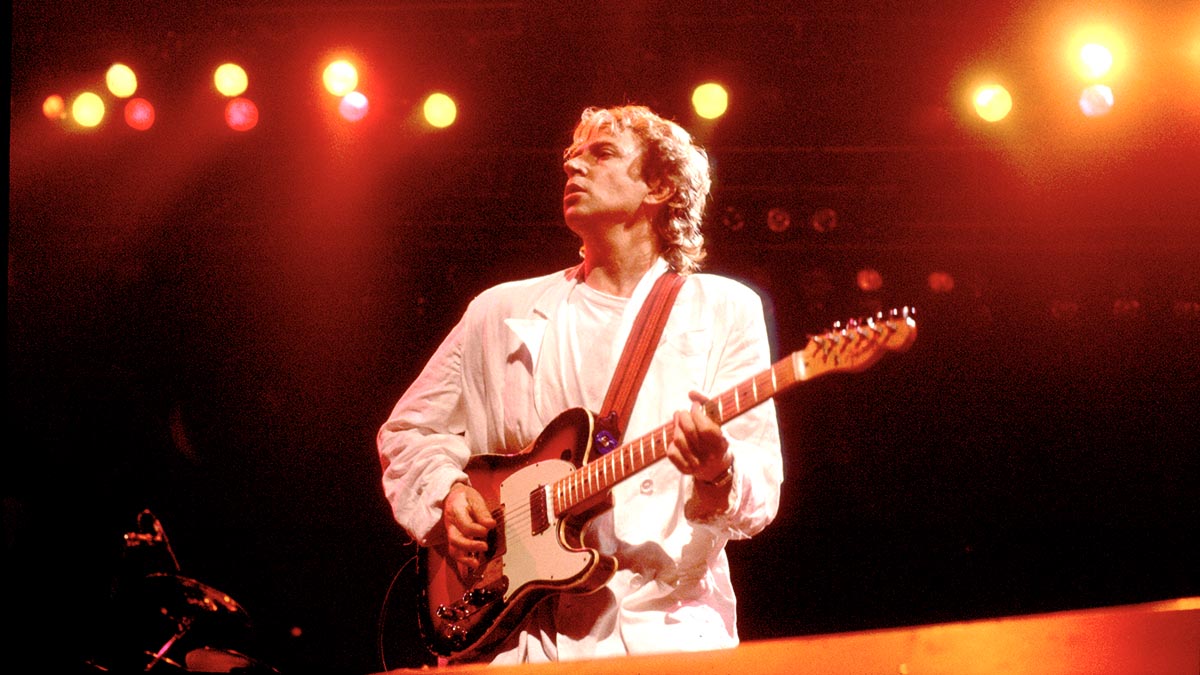
“It was probably played through a Fender Twin,” Summers ponders. “I was never a big Marshall guy until we started playing stadiums.
“It's so corny, but we'd always say 'less is more' and try to keep the tracks down to three instruments and not overload it with hundreds of overdubs.
“The reggae groove was great for me because it was very in the pocket. I could use Echoplex and these stranger chords and it would sing through that space before the next bass note came. There's magic in there because of the way it's played, but as a piece of music it's fairly simple.”
He also reveals how the inspiration for the solo for I Can’t Stop Losing You came after receiving a “very expensive” guitar lesson from jazz/country legend Lenny Breau.
“It was unusual because I didn't do the usual bluesy solo – I did what I call Lenny Breau harmonics. No other so-called rock guitarist was doing it at the time. Lenny Breau showed me how to do that.
“I was in Nashville in a crappy hotel and asked the phone operator to put me through to Lenny Breau. He said, 'It's very expensive: $45', and half an hour later he knocked on the door with a little amp and this guitar.
“We got on really well and he showed me the harmonics; he should get more recognition. He’s the world’s greatest guitar player.”
A freelance writer with a penchant for music that gets weird, Phil is a regular contributor to Prog, Guitar World, and Total Guitar magazines and is especially keen on shining a light on unknown artists. Outside of the journalism realm, you can find him writing angular riffs in progressive metal band, Prognosis, in which he slings an 8-string Strandberg Boden Original, churning that low string through a variety of tunings. He's also a published author and is currently penning his debut novel which chucks fantasy, mythology and humanity into a great big melting pot.
“My guitar tech ran in and said, ‘Hey, you want to meet Pete?’ I was too scared”: The Smithereens’ love affair with The Who goes way back – yet when guitarist Jim Babjak got the chance to meet Pete Townshend, he turned it down
“Every tour was the best I could have done. It was only after that I would listen to more Grateful Dead and realize I hadn’t come close”: John Mayer and Bob Weir reflect on 10 years of Dead & Company – and why the Sphere forced them to reassess everything

